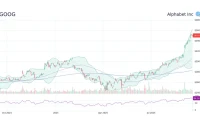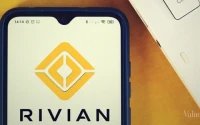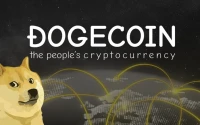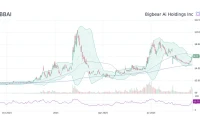Ore Oduba's recent revelation about his battle with porn addiction since childhood isn't just another celebrity confession; it's a flashing red light on the dashboard of our digital society. We're so busy marveling at the speed and convenience of the internet that we're missing the silent epidemic unfolding in our own homes. This isn't about shaming individuals; it's about understanding the profound ways technology isrewiring our brains, especially the brains of our children.
The Real Virus: Not Sex, But Hyper-Stimulation
For years, we've treated porn addiction as a niche issue, a moral failing, or a simple lack of self-control. But what if that's like blaming the victim of a virus? The real problem isn't the "sex" part; it's the hyper-stimulation part. It's the constant barrage of dopamine hits, the instant gratification, the endless novelty that rewrites our brains’ reward systems. Imagine trying to enjoy a simple, home-cooked meal after being force-fed a diet of pure sugar and artificial flavors. That's what the internet, and especially readily available pornography, is doing to our natural capacity for pleasure and connection.
This isn't just about sex, folks. This is about the fundamental way we experience reality. What Ore Oduba's story highlights is how early exposure to this hyper-stimulating content can warp a young mind's development, creating a lifelong struggle. This is a digital health crisis, plain and simple. It's like lead poisoning in the 20th century—we didn't understand the long-term consequences until it was too late. Are we going to make the same mistake with the internet? As Ore Oduba admits to being addicted to porn since he was NINE, addiction specialists share the warning signs you or a loved one is hooked on X-rated material Are we going to make the same mistake with the internet?
How do we even begin to address a problem this pervasive? We need to shift the conversation from moralizing to understanding the neurological impact. We need to equip parents and educators with the tools to navigate this digital landscape, not with fear, but with knowledge. We need to teach our children about digital hygiene, about the importance of balance and moderation, about the difference between genuine connection and fleeting stimulation. What if schools started offering courses on "Digital Wellness" alongside traditional health classes? It's not a crazy idea.
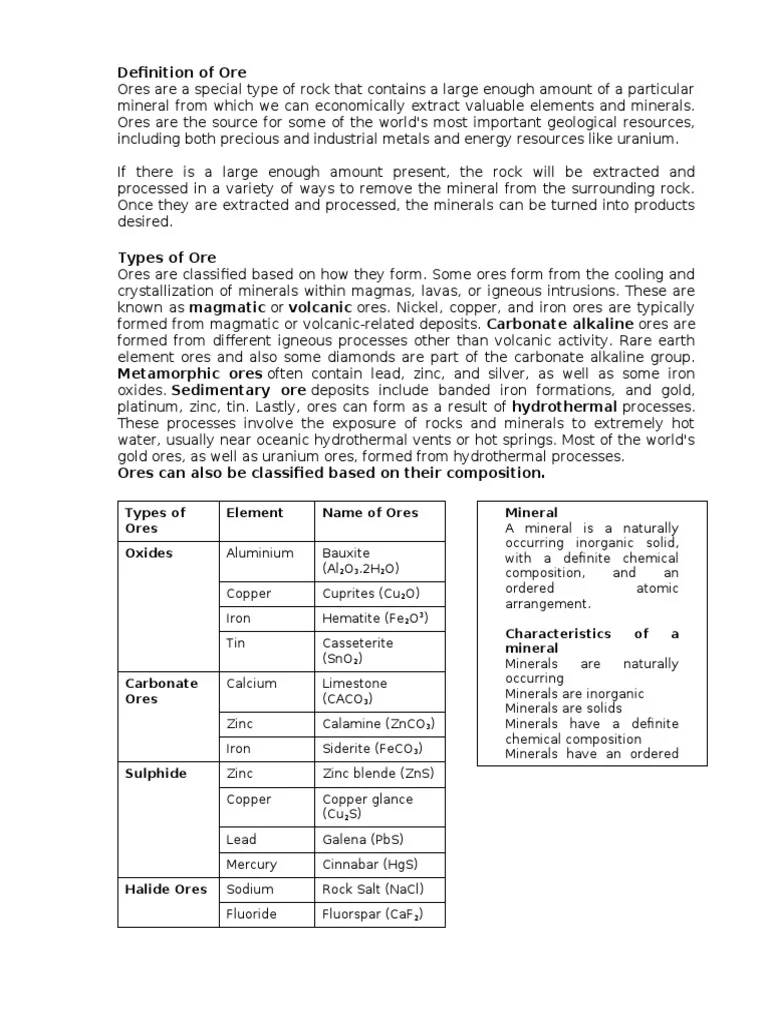
It's easy to dismiss this as a "personal problem," but that's a dangerous delusion. The algorithms that power these platforms are designed to keep us hooked, to maximize engagement at any cost. They are not neutral tools; they are sophisticated engines of addiction, and they are targeting our most vulnerable populations. When I first realized the extent of this manipulation, I honestly just felt a chill run down my spine. I mean, this isn't some conspiracy theory; it's just basic economics. Attention is the currency of the internet, and these companies are doing everything they can to hoard it, even if it means sacrificing our mental health.
But here's the thing: we are not powerless. Just as we learned to regulate the food industry, to label ingredients and warn about the dangers of smoking, we can and must regulate the digital world. This isn't about censorship; it's about protecting public health. It's about creating a digital environment that supports human flourishing, not exploitation. What if we demanded transparency from these platforms? What if we required them to disclose the algorithms they use to manipulate our attention?
The Dawn of Digital Literacy
Ore Oduba's story, as painful as it is, is also a catalyst. It's a wake-up call, a chance to re-evaluate our relationship with technology and to build a future where the digital world enhances, rather than diminishes, our humanity.



